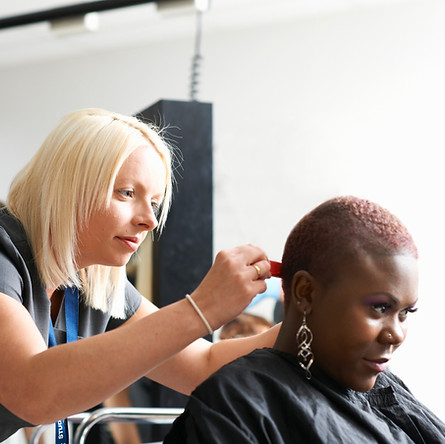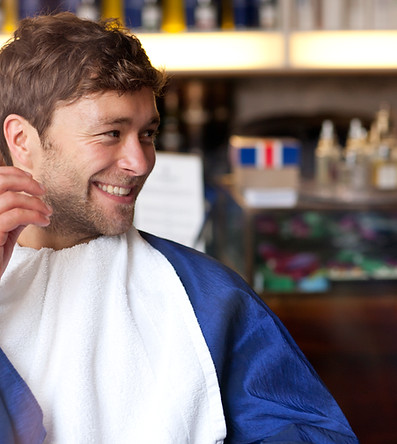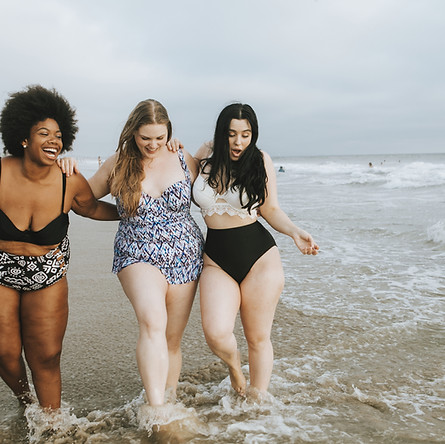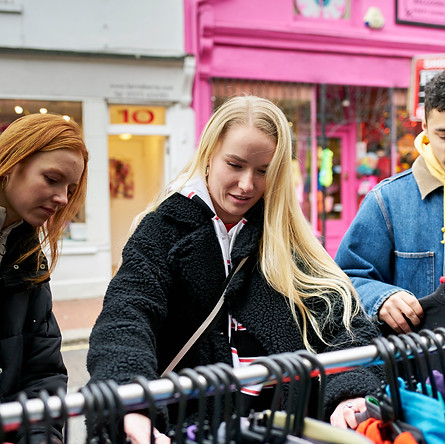CASE STUDY
Getting glocal with a billion dollar beauty brand
After spending hundreds of thousands shooting a TV campaign with a big commercials director, what actually researched the best was a cheap edit put together from casting reels. It felt more authentic, more real, more believable than a studio set up with lights and cameras, wardrobe, make up and high end glossy production values.
Participants in research groups related to this as they saw these women were just like them, set in their own homes with the same issues they had and they believed in what they were telling them and ultimately selling them.




Game-changing
UGC statistics
1%
Of millennials find traditional brand ads engaging and trustworthy enough to be worth a click-through
70%
Of brands believe UGC helps them connect better with customers on social media
70%
Of brands believe UGC helps them connect better with customers on social media
79%
Of people say UGC highly impacts their purchasing decisions
87%
Of businesses are using UGC in some form to share more authentic content with their target audience
29%
Higher conversion rates for campaigns using UGC
Source: searchlogistics.com
WHO'S ADOPTING IT?
The effective use of 'real people' in advertising is on the rise for big brands, a few that have gotten ahead of the curve are:
Vogue
Vogue showed their editors’ work-from-home looks in online stories that link to shoppable product and corresponding Instagram posts tagged #thisweekonzoom.

MAC
Mac produced #WhatsYourThing a campaign aligned with their mantra “All Ages, All Races, All Sexes.” The ad featured MAC employees showing how they go about their foundation routine which invited consumers to share their looks on social.

Delta Airlines
A Delta Airlines' passenger posted some photos to Facebook of a cabin crew member sitting in the aisle and comforting a nervous passenger whilst he talked her through every bump and noise. This post went viral, obtaining more reach than any traditional ad could.

Glossier
Glossier sent out an email with the subject line, “Meet our team.” highlighting photos of two members on the customer experience team, and Q&As about their Glossier “spirit products” and product hacks.

Nationwide
The Nationwide Later Life campaign featured a series of 60 and 30 second ads, comprised of five films featuring a variety of voices in conversation from across the country. They struck a heartfelt note about what it means to manage your finances as you get to retirement and beyond, each telling a story in their own words. The Nationwide Marketing Manager said “With our Voices campaign we have a unique opportunity to reflect the emotions of retirement and its opportunities through the eyes of real people”. The Ad Agency said “Real people filmed, unscripted, talking about their very real hopes and fears for financing their old age. This work manages to treat a very sensitive subject with warmth, wit, charm, emotion, and, most importantly, authenticity”.
Bumble
The @FindThemOnBumble campaign took 112 real-life stories of “inspirational and relatable” diverse user groups such as designers, doctors, artists, bankers, entrepreneurs and activists from all over New York, for it’s largest advertising promotion to date. The app’s real life users, who in the company’s words ‘keep the city buzzing’, were seen on Instagram, billboards, storefronts, subways, double-decker illuminated buses, coffee sleeves, pizza boxes and wraps around the New York Post. Bumble’s VP of international marketing told Marketing Week: “We want to celebrate our users more than we want to celebrate our brand. We could have easily done a campaign that shows 25 celebrities and how they use it. It’s not realistic and it doesn’t work for us as a business. “What we’re seeing working, is when the audience and general population feel like they can relate and they feel like a brand is being authentic and honest about what it offers.” Following the success of the NY campaign it was then rolled out in three Indian cities and in London.


